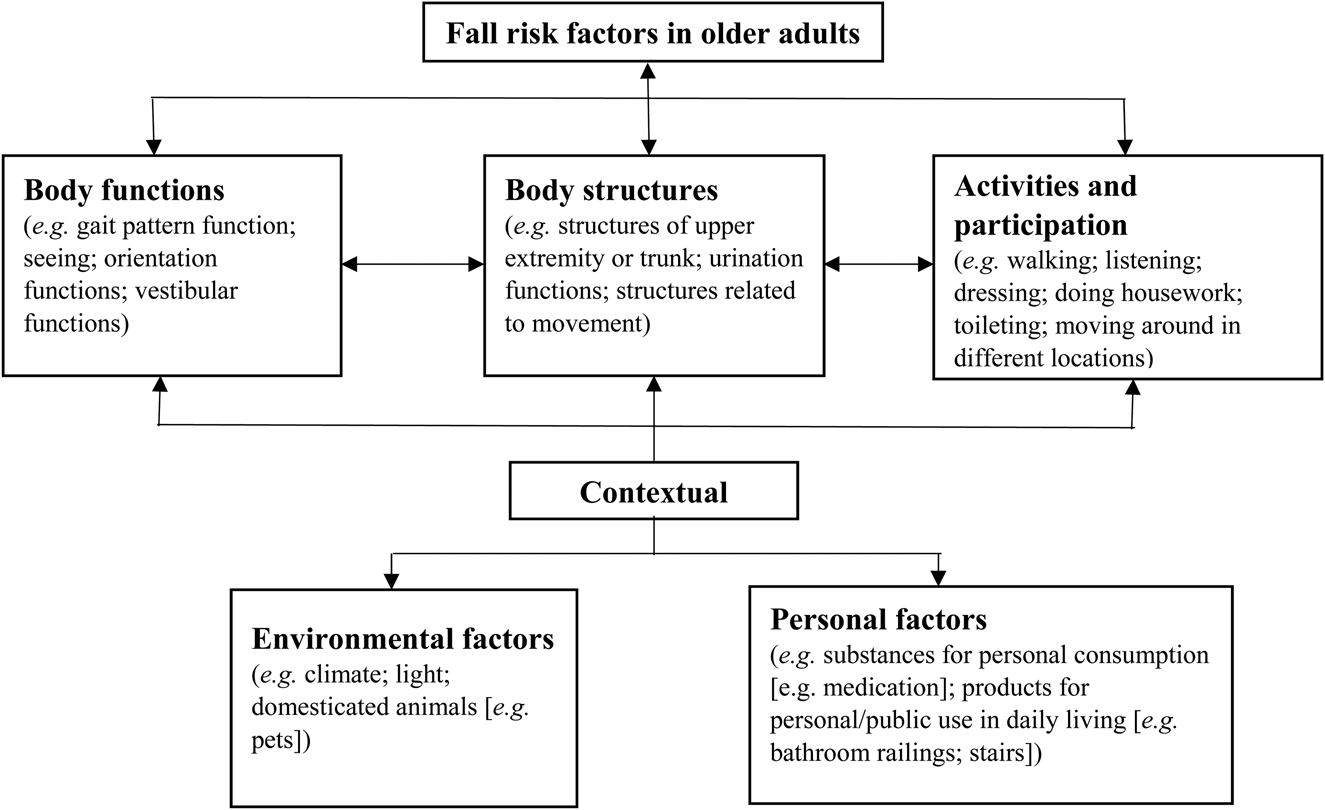All About Dementia Fall Risk
Table of ContentsDementia Fall Risk Can Be Fun For EveryoneOur Dementia Fall Risk Ideas9 Easy Facts About Dementia Fall Risk DescribedThe Definitive Guide to Dementia Fall RiskThe Buzz on Dementia Fall Risk
You may be nervous because you've had a fall before or because you've discovered you're beginning to really feel unstable on your feet. You may have discovered modifications to your health, or just seem like you're decreasing a little. Whatever the factor, it isn't unusual to end up being cautious and lose self-confidence, and this can quit you doing the important things you used to do and make you feel extra separated.If you have actually had an autumn or you've begun to really feel unstable, tell your doctor also if you really feel great otherwise. Your physician can examine your balance and the method you walk to see if renovations can be made. They may have the ability to refer you for a falls danger evaluation or to the drops prevention service.
This information can be acquired with meetings with the individual, their caregivers, and a testimonial of their medical documents. Begin by asking the specific regarding their background of falls, including the regularity and circumstances of any kind of current falls. Dementia Fall Risk. Inquire concerning any kind of movement troubles they may experience, such as unsteady or trouble strolling
Conduct a detailed review of the individual's medicines, paying certain interest to those known to raise the risk of drops, such as sedatives or medicines that reduced blood stress. Determine if they are taking several drugs or if there have been recent adjustments in their drug routine. Evaluate the individual's home environment for possible dangers that could boost the risk of drops, such as bad lighting, loose rugs, or lack of grab bars in the bathroom.
Little Known Facts About Dementia Fall Risk.
Guide the individual via the loss risk evaluation form, explaining each concern and tape-recording their responses properly. Calculate the complete danger rating based on the reactions offered in the evaluation type.
This strategy might consist of workout programs to enhance toughness and balance, medication modifications, home adjustments, and referrals to other professionals as needed. Routinely monitor the individual's progression and reassess their danger of drops as required. Modify the treatment strategy based on adjustments in their health status or home environment. Offer continuous education and learning and support to advertise safety and minimize the danger of drops in their daily living activities.
Several studies have actually revealed that physical treatment can assist to minimize the threat of falling in adults ages 65 and older. In a new research (that considered description drops threat in females ages 80 and older), researchers computed the economic impact of choosing physical treatment to stop falls, and they discovered that doing so conserves $2,144, including all the hidden expenses of your time, discomfort, missed out on life events, and the bucks paid for solutions.
Dementia Fall Risk Can Be Fun For Everyone
Inspecting your heart rate and high blood pressure dimensions at rest and while you transform placements (from sitting or lying to standing). A straightforward test of your reasoning (cognitive) abilities. Evaluating your balance, toughness, and strolling capacity. A simple vision examination. Examining your feet and footwear. A home safety and security assessment. Based on the assessment results, your physiotherapist will certainly create a strategy that is tailored to your certain demands.
Older grownups who have trouble strolling and speaking at the very same time go to a higher risk of dropping. Dementia Fall Risk. To assist raise your safety and security during daily tasks, your physiotherapist may create a training program that will test you to maintain standing and strolling while you do another job. Instances consist of anchor walking or standing while counting backward, having a discussion, or lugging a bag of groceries
Set objectives for boosting their physical activity. Exercise extra to enhance their stamina and equilibrium. These programs often are led by volunteer trains.
8 Easy Facts About Dementia Fall Risk Explained

Measles, or rubeola, is a very infectious, acute viral transmittable illness brought on by the measles infection. Some individuals think about measles as just a breakout and fever that cleans up in a couple of days; nonetheless, measles can create major wellness issues, especially in youngsters younger than 5-years-old. The finest security against measles is the measles, mumps, and rubella (MMR) vaccine.
Falls are read more an usual reason of injury among older adults.
Dementia Fall Risk Fundamentals Explained

She has no background of falls, her stride is constant, and she nullifies with no concerns. The previous nurse states that she calls for help to the restroom when she requires to go.
Instances of typical fall interventions/measures consist of: Ensuring a person's necessary things are within reach. Beyond understanding exactly how to use the Johns Hopkins Loss Risk Analysis Tool, it's vital that centers include its usage into a much more thorough fall prevention strategy.